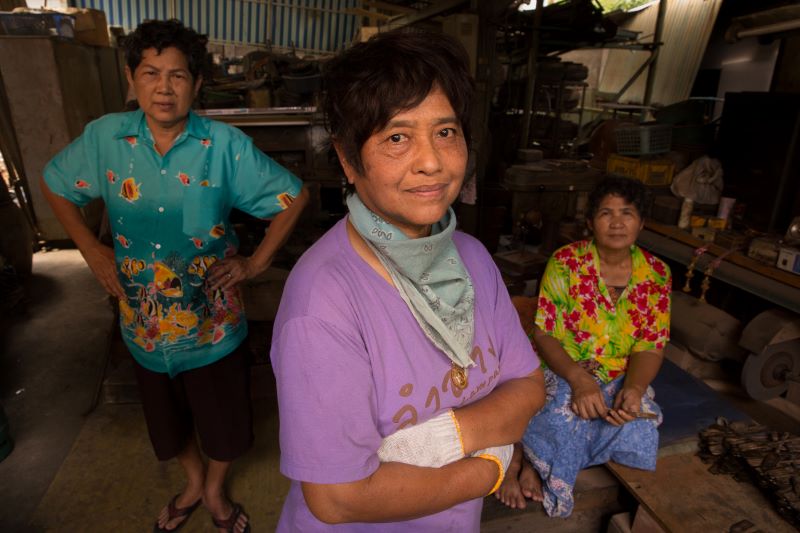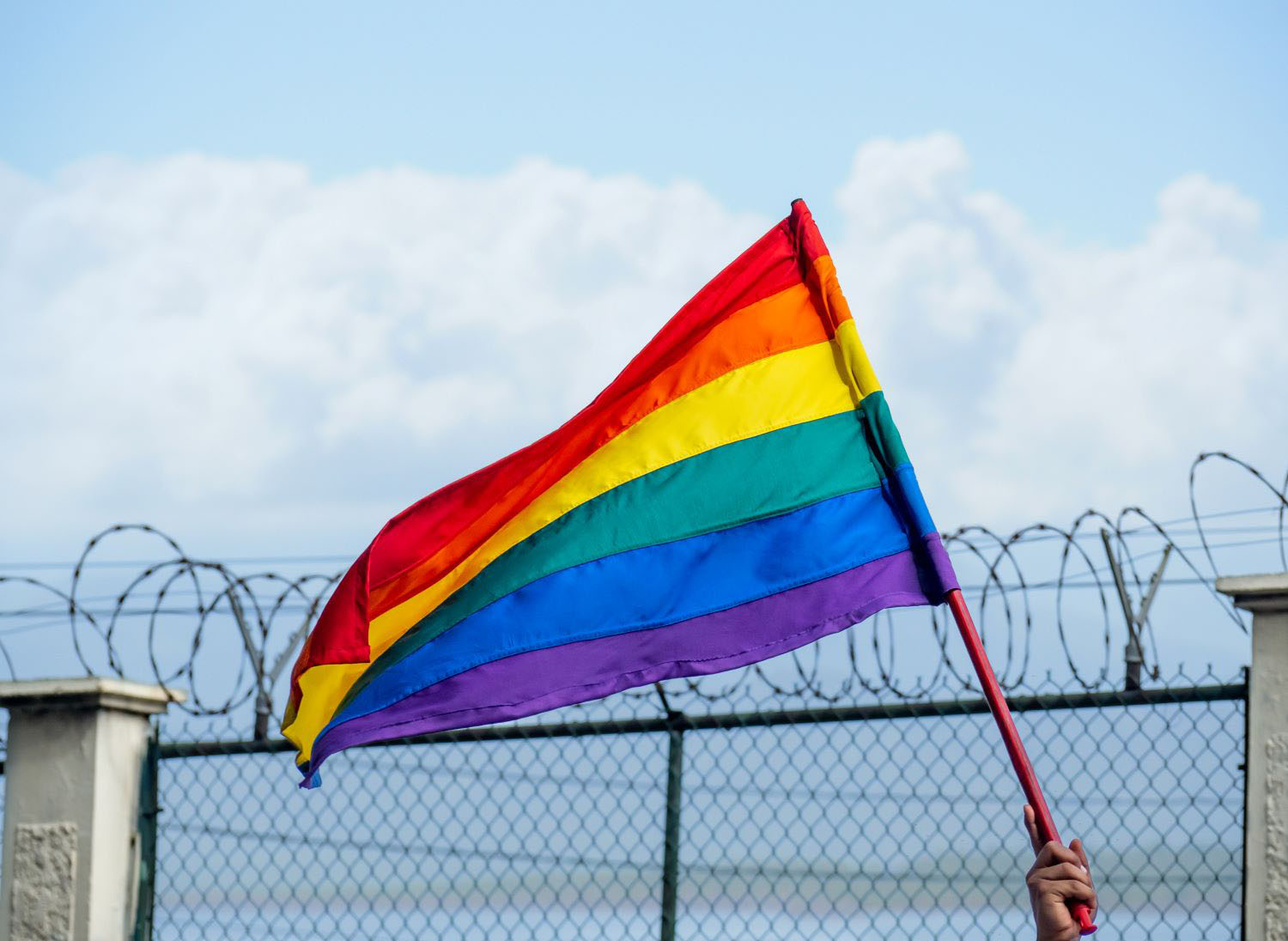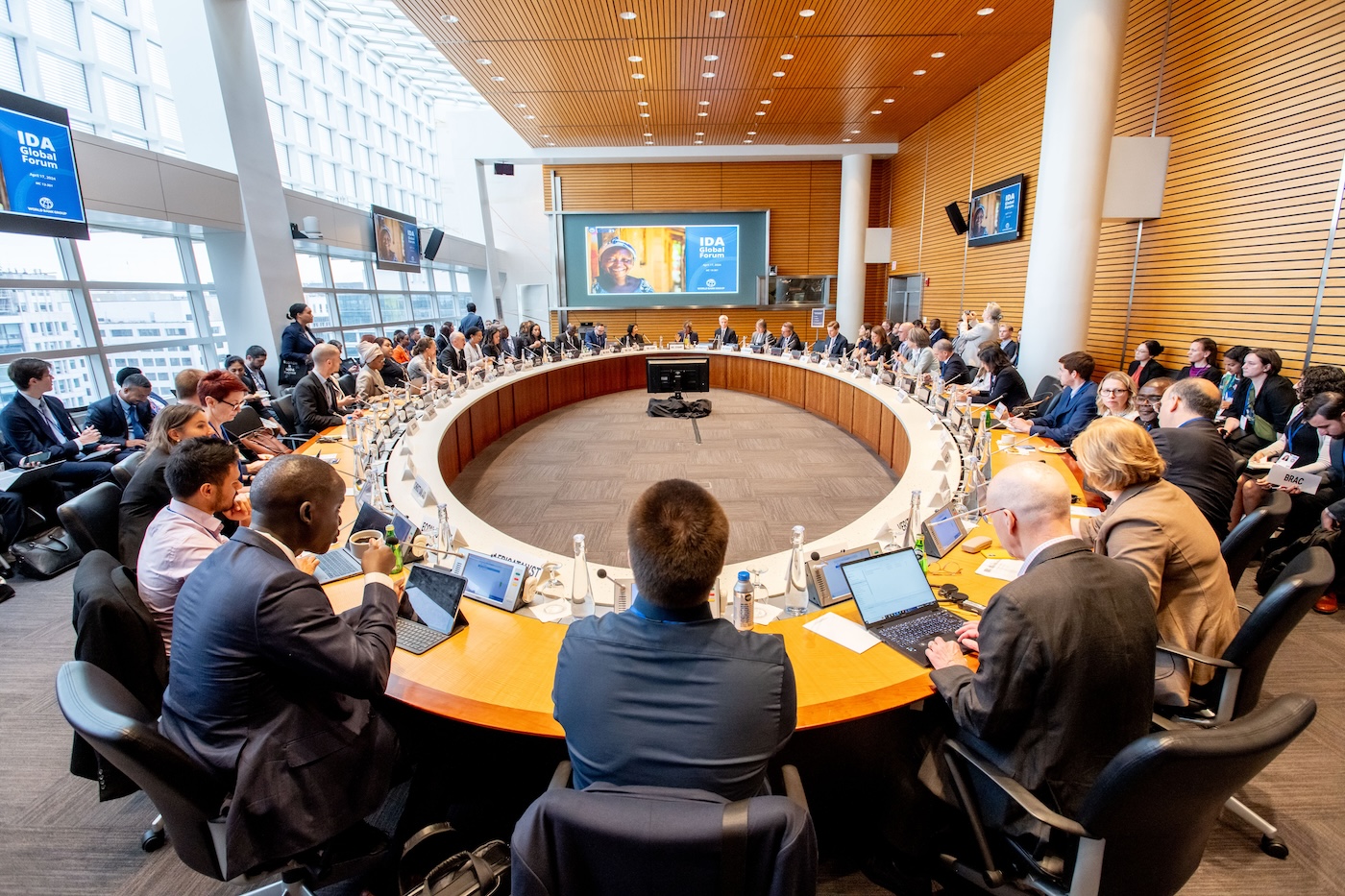Earlier this week, the World Bank board of directors discussed whether to approve a $500 million education-focused loan to the government of Tanzania. But what on its face may seem like business as usual for the bank became much more contentious. In the lead-up to the board’s decision, Tanzanian activists—with global human rights groups standing in solidarity with them—called for the World Bank to hold the loan until President Magufuli removed a discriminatory policy that prevents pregnant girls from returning to school.
The moment raises broader questions that I explore in a recent CGD note: how to strengthen accountability for global gender equality. This question is top of mind as we head into the year of many milestones: the 25th anniversary of the Beijing Declaration and Platform for Action, and just 10 years to the SDG finish line. What is the right combination of carrots and sticks donor institutions can exert to hold governments accountable for policy reform and increased commitment to and investment in gender equality? Is exerting any leverage at all ethical, and more specifically feminist (a consideration relevant to many gender equality advocates as the trend of feminist foreign policy takes off)? More broadly, how do researchers and advocates hold all actors with significant resources and influence (donor governments, philanthropic foundations, private sector investors) accountable for more and better financing and policies to accelerate progress for gender equality?
I have no easy—and certainly no immediate—answers, but to take a step in the right direction, we can start with some important questions to help frame thinking and decision-making. Here I propose three questions that can allow us to tackle the all-too-often abstract concept of “accountability” for gender equality in a more concrete way.
First, what are we asking for?
Researchers and advocates dedicated to advancing gender equality need to get increasingly specific about what they expect from their governments (and other key decisionmakers). Calling for “increased accountability” or “feminist policies” may leave policymakers and implementers in the dark about what exactly they should do to achieve these goals, and how they should do it. Employing a SMART (specific, measurable, attributable, relevant, and time-bound) framework for developing short-term goals to complement a long-term feminist vision can help.
An example of how to do this: Calling for the next US president to achieve gender parity in all cabinet-level appointments by 2025 gives a clear direction, the progress against which can be measured. The upcoming Beijing +25 Generation Equality convenings, and especially those commitments that will be made by Action Coalition members, are an ideal starting point for the use of SMART frameworks as applied to gender equality-related commitments.
Second, who is doing the asking (and are they being listened to)?
The work of Tanzanian activists, though we don’t yet know its outcome, is a good-news story from the vantage point of local civil society leading the charge for a change, global civil society acting in solidarity to amplify their voices and objectives, and a powerful lending institution taking notice and pausing to consider their perspective.
There’s obviously more progress that needs to be made regarding how to best use conditionality to incentivize government action to improve the lives of women and girls. One dimension to continue prioritizing is the leadership of local actors, who not only will be impacted by the consequences of policy decisions but also know their contexts best and what is most needed within them. In another recent blog, Charles Kenny and I assert that local women’s rights groups are best placed to push for legal reforms promoting gender equality, and they need increased financial and research support to catalyze their impact in doing so.
And finally, how do we hold governments accountable?
Many feminists rebuke a previous era of international financial institutions’ conditions related to the establishment of fiscal austerity policies that cut social safety nets, including those serving vulnerable populations of women and girls. But we shouldn’t rule out the possibility of donor leverage so long as the process is driven by those who will be impacted and know their contexts best (as was the case in the Tanzania example) and the conditions are rooted in evidence to drive towards outcomes that will narrow (rather than exacerbate) gender gaps and improve the lives of women and girls.
Outside of loan conditionality, we have other tools in our toolbox to strengthen accountability for global gender equality. Among them is the option to increase the capacity for external validation by researchers and advocates of the self-reported data provided by governments, such as through the OECD DAC gender policy markers or SDG 5.c.1. Governments should also work to increasingly harmonize the results frameworks they use to measure success of financing and policy reforms to facilitate reporting and oversight by civil society, drawing upon models such as 2X Challenge.
You can find more details on these and other dimensions of accountability strengthening in this policy note. The ideas I’ve laid out within it are just a start that I hope continued collaborative efforts can build upon, starting with an eye towards Generation Equality Action Coalition commitments. Stay tuned for more ideas from me and others at CGD, including on how the gender space can learn from successes and failures from accountability models focused on other areas of global development.
CGD blog posts reflect the views of the authors, drawing on prior research and experience in their areas of expertise.
CGD is a nonpartisan, independent organization and does not take institutional positions.






